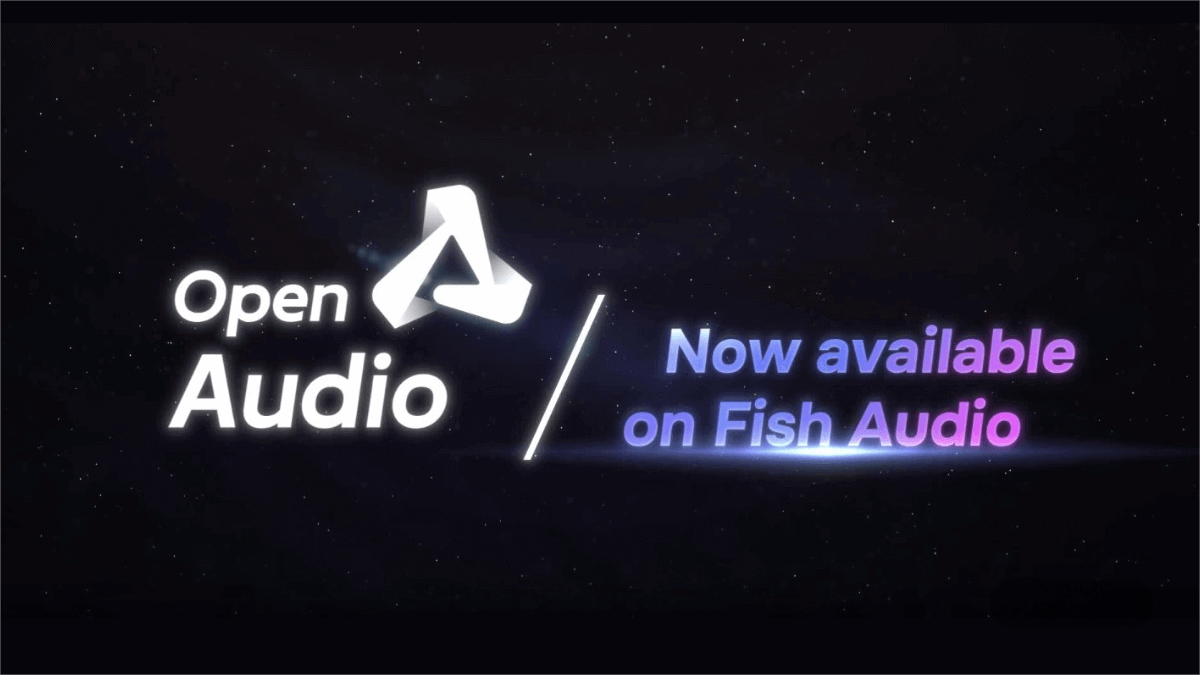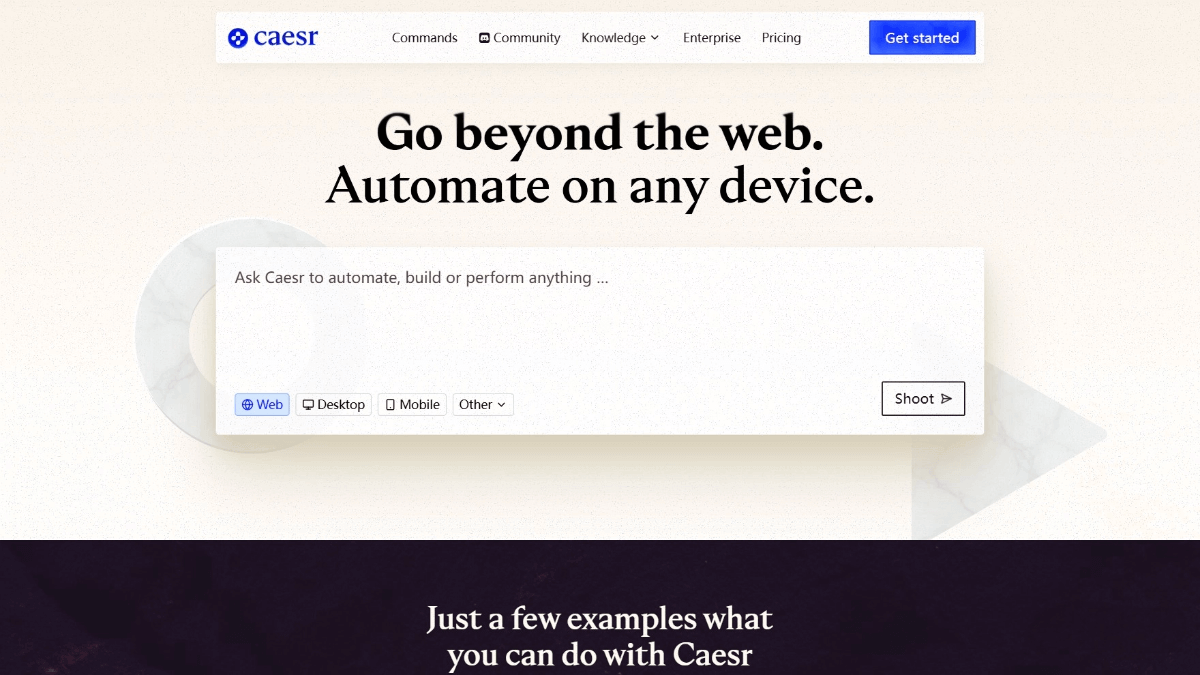What is OpenAudio S1?
OpenAudio S1 is a text-to-speech (TTS) model developed by Fish Audio, trained on over 2 million hours of audio data and supporting 13 languages. It utilizes a Dual-Autoregressive (Dual-AR) architecture and Reinforcement Learning with Human Feedback (RLHF) to generate speech that sounds highly natural and fluent—virtually indistinguishable from human voiceovers. The model supports over 50 emotion and intonation tags, allowing users to flexibly adjust vocal expression using natural language commands. OpenAudio S1 also supports zero-shot and few-shot voice cloning, requiring only 10 to 30 seconds of audio to produce high-fidelity cloned voices.

OpenAudio S1 Key Features
-
Highly Natural Speech Output
Trained on over 2 million hours of audio, OpenAudio S1 produces speech nearly indistinguishable from human voiceovers, suitable for professional use cases like video dubbing, podcasts, and character voices in games. -
Rich Emotion and Intonation Control
Supports more than 50 emotion tags (e.g., anger, joy, sadness) and intonation markers (e.g., fast, whisper, scream). Users can control the emotional tone of the speech through simple text prompts. -
Powerful Multilingual Support
Capable of handling up to 13 languages, including English, Chinese, Japanese, French, and German, showcasing strong multilingual capabilities. -
Efficient Voice Cloning
Enables zero-shot and few-shot voice cloning with only 10 to 30 seconds of audio input, producing high-fidelity synthetic voices. -
Flexible Deployment Options
Offers two model versions: the full S1 model with 4 billion parameters and a lightweight open-source version, S1-mini, with 500 million parameters—ideal for research and educational use. -
Real-Time Application Support
With ultra-low latency (under 100 milliseconds), OpenAudio S1 is well-suited for real-time use cases such as online gaming and live streaming.
Technical Foundations of OpenAudio S1
-
Dual-Autoregressive (Dual-AR) Architecture
Combines fast and slow Transformer modules to optimize speech generation stability and efficiency. The fast module generates initial acoustic features, while the slow module fine-tunes them for greater naturalness and fluency. -
Grouped Finite Scalar Quantization (GFSQ)
Enhances codebook processing efficiency, enabling high-fidelity speech output while reducing computational cost and improving runtime performance. -
Reinforcement Learning with Human Feedback (RLHF)
Uses online RLHF to more accurately capture tone and timbre, leading to more natural emotional expression. Users can insert tags like (excited), (nervous), or (joyful) to fine-tune emotional output. -
Large-Scale Data Training
Trained on more than 2 million hours of multilingual and emotion-rich audio data, allowing the model to produce highly natural and diverse speech outputs. -
Voice Cloning Technology
Supports both zero-shot and few-shot voice cloning, enabling high-quality voice replication from just 10 to 30 seconds of audio.
OpenAudio S1 Project Page
- Official Website: https://openaudio.com/blogs/s1
Application Scenarios for OpenAudio S1
-
Content Creation
Provides professional-quality voiceovers for videos, podcasts, and audiobooks, significantly boosting production efficiency. -
Virtual Assistants
Powers personalized voice navigation and customer support systems with multilingual capabilities, enhancing user interaction. -
Gaming and Entertainment
Generates lifelike character dialogues and narrations, improving player immersion and storytelling. -
Education and Training
Helps create multilingual learning content, aiding students in mastering pronunciation and intonation across languages. -
Customer Service and Support
Powers voice-based customer service bots that deliver quick, accurate responses, improving both efficiency and service quality.



